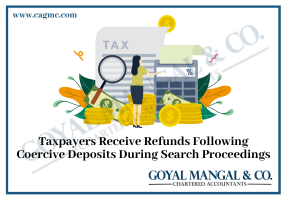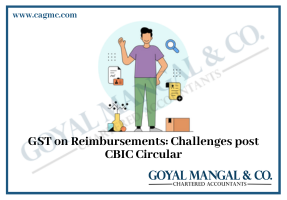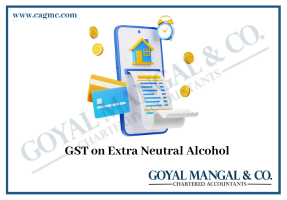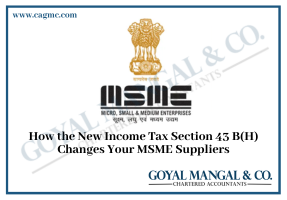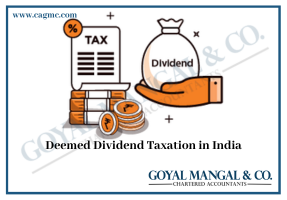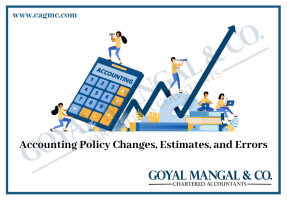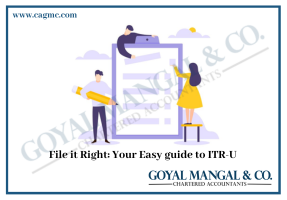| Table of Content |
The co-operative societies Act,1912, a central act, contain fundamental law regarding the formation and working of co-operative societies in India and is applicable in many states with or without amendments.
Co-operative society is a business organization with a special mode of doing business , by pulling together all the means of production co-operatively , eliminating the middlemen and exploitation from outside force.
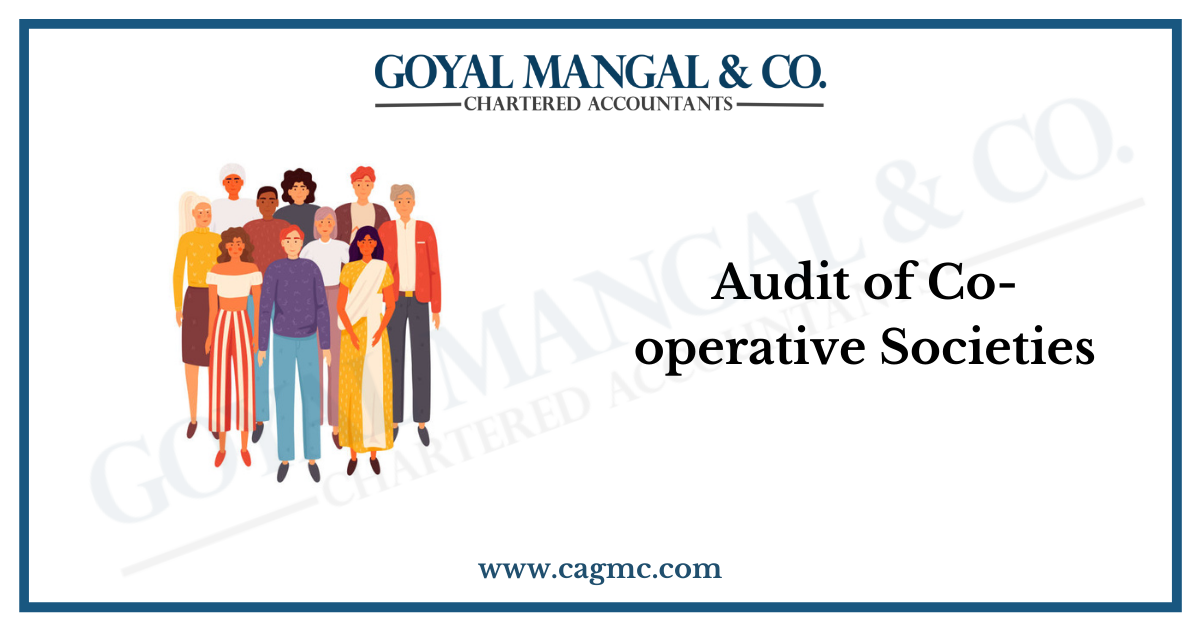
Audit as per Section 17 of the Co-operative Societies Act , 1912.
- The registrar shall audit or cause to be audited by some person authorized by him, the accounts of every registered society at least once a year.
- The audit under shall include an examination of overdue debts , if any, and a valuation of assets and liabilities of the society.
- The registrar, the collector or any person authorized shall at all the times have access to all the books , accounts, papers and securities of a society, and every officer of the society shall furnish such information in regard to the transactions and working of the society as the person making such inspection may require.
REGISTRAR means a person appointed to perform the duties of registrar of co-operative societies under this act.
The following points are required to be kept in mind in connection with the audit of co-operative society:
- Qualification of auditor: Apart from the chartered Accountant within the meaning of the Chartered Accountancy Act, 1949, some of the state co-operative Acts have permitted persons holding a government diploma in co-operative accounts or in co-operation and accountancy and also a person who has served as an auditor in the co-operative department of government to act as an auditor.
- Appointment of the auditor: An auditor of co-operative society is appointed by the registrar of co-operative societies and the auditor so appointed conducts the audit in behalf of registrar and also submits his audit report to him as well as to the society.
- Books, Accounts and other records of co: operative societies-under section 43(h) of the Act . a state government can frame rules prescribing the books and accounts to be kept by a co-operative society.
Special features of co-operative Audit.
The general process of auditing involved in audit work such as checking of posting , ascertainment of arithmetical accuracy ,vouching , verification of assets and liabilities and final scrutiny of balance sheet are well known by everyone. But in case of co-operative society audit certain special features are there to be borne in mind while doing audit of it. These features are as follows:
- Examination of overdue debts: Auditor shall report these overdue debts as for period from 6 months to 5 years and more than 5 years. Furthermore, analysis is done by the auditor in viewpoint of recovery of these debts and these are classified as good debt or bad debts. Now auditor is also liable to checkout whether provision regarding bad debts is provided or not and if provided then that is appropriate or not for current situation of bad debts of the society.
- Overdue interest: Overdue interest should be excluded from interest outstanding and accrued due while calculating profit. In practice an overdue interest reserve is created and the credit of overdue interest credited to interest account is reduced.
- Certification of bad debts: As per the law, bad debts can be written off only when they are being certified by the auditor as bad where the law requires it and if not then managing committee of society must authorize the write-off.
- Valuation of assets and liabilities: They will have to ascertain the existence , ownership and valuation of assets. Fixed assets should be valued at cost less adequate provision for depreciation. The incidental expenses incurred in acquisition and the installation expenses of assets should be properly capitalized. The current assets be valued at cost or market price , whichever is lower. Regarding liabilities, the auditor should see that all the known liabilities are brought into the account, the contingent liabilities are stated by way of a note.
- Adherence to co-operative principles: The auditor will have to ascertain that how far the objective for which the co-operative organization is set up , have been achieved in the course of its working. The assessment is not necessary in terms of profits , but in terms of extension of benefits to its members who have formed it. While auditing the expense , the auditor should see that they are economically incurred and no wastage of funds. The principle of propriety audit should be followed for this purpose.
- Observations of the provisions of the act and rules: The financial implications of the infringements which are pointed out by the co-operative societies Act and rules and bye-laws, should be assessed by the auditor and they should be reported properly.
- Verification of member’s register and examination of their pass books: Examination of the entries in member’s pass books regarding the loan given and its repayment and confirmation of loan balances in person is very much important in co-operative societies to assure that the entries in books of accounts are free from manipulation.
- Special report to registrar: During the course of audit if the auditor notices that there is some serious irregularity then he has report this irregularity to the registrar by drawing his specific attention to the point. The registrar on receipt of such special report may take necessary action against the society.
- Audit classification of the society: After the judgement of an overall society, the auditor has to award a class to the society. This specific class is awarded by the auditor as accordance to the criteria given by the registrar. It is to be noted that if management is not satisfied by the class given by the auditor then they may appeal to the registrar.
- Discussion of draft audit report with managing committee : On conclusion of the audit , they should ask to the secretary of the society to convene managing committee meeting to discuss the audit draft report. The audit report should never be finalized without the discussion with the managing committee.
FORM OF AUDIT REPORT.
The form of audit report to be submitted by the auditor , as prescribed in various states , contains a number of matters which the auditor has to state or comment upon. In addition to the report the auditor has to attach schedules to the report regarding the following Information:
- All transactions which appears to be contrary to the provisions of the Act , the rules and bye-laws of the society.
- All sums which ought to have been , but have not been brought into account by the society.
- Any material, or property belonging to society which appears to the auditor to be bad or doubtful of recovery.
- Any material, or property belonging to society which appears to the auditor to be bad or doubtful of recovery.
- Any material irregularity or impropriety in expenditure or in the realization or monies due to society.
- Any other matters specified by the registrar in this behalf.
NOTE: In case of NIL report in any of the above matters, the auditor will have to give a nil report.
The audit report in a narrative form is also required to be submitted by the auditor addressed to the chairman of the society.
Generally, the narrative report as per convention is divided into two parts styled as PART-I and PART-II.
PART-I is very much important which throws a light on comparative financial position , capital structure , solvency position and the profitability and otherwise of the society.
PART-II of the report points out the observation of routine nature , which are the finished products of the routine vouch and post audit such as missing vouchers , loan bonds , etc.

